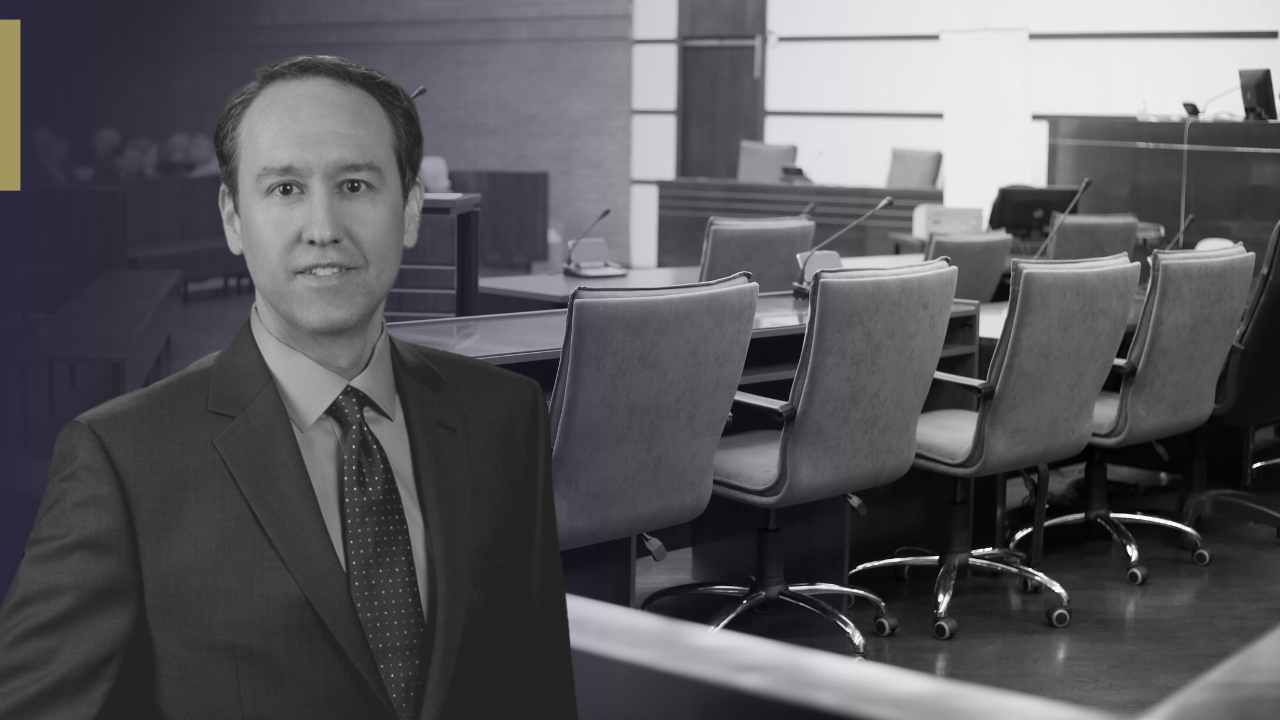There has been much talk in the media about Olevik v. State. My algebra teacher long ago would make me “show my work” on tests and sometimes at the chalkboard. I’ve linked to the opinion where you can see where the Supreme Court has shown its work in 49 pages of legal writing. But I’ll highlight a few key points.
The holding in Olevik is that the Georgia State Constitution’s protections against self-incrimination apply to acts of the accused that generate incriminating evidence as well as to statements made that are incriminating — and providing deep lung air is an incriminating act as defined by the Georgia Constitution. Under Article 1, Section 1, Paragraph VI of the Georgia Constitution, “no person shall be compelled to give testimony tending in any manner to be self-incriminating.” Note, the Georgia Supreme Court has not touched upon the Fifth Amendment of the United States Constitution. And the Georgia Supreme Court has overturned a line of cases going back to a case called Klink (aptly named).
The Court makes it clear that some acts are testimonial and are essentially the same as words when it comes to self-incrimination. Some examples from the case:
Self Incriminating Acts
- Forcing a Defendant to put his feet on footprints located near a crime scene;
- Requiring a Defendant to stand up at his trial so that the witness could verity that the defendant’s leg had been amputated in a way that corresponded to tracks left at a crime scene;
- Forcing a driver to drive his truck onto scales to see if his rig is overweight.
- Forcing a suspect to provide a handwriting sample.
Not Self-Incriminating Acts
- Requiring the accused to be present so that law enforcement an undress him to remove bloodstained clothes;
- Requiring the accused to stand in place to be photographed;
- Requiring the accused to provide a DNA sample;
- Taking an impression of the teeth of the accused;
- Requiring the accused to undergo surgery for the removal of a bullet.
Blowing hard into a breath machine is a self-incriminating act because the defendant has to do some work to produce air from deep in his lungs to produce a sample. If you’ve ever taken one of these, either at a jail or at some booth at a beer festival where a DUI lawyer was a sponsor, you will know what I mean. If scientists ever perfect a technology that will allow police to extract fog from a mirror to test for blood alcohol, then future drunk drivers will be in big trouble. For now though, the method of extraction is an incriminating act.
What Does it All Mean?
It all means nothing to Mr. Olevik, who lost his appeal anyway. Future defendants, however, can testify at a motion to suppress hearing and say “when I heard what the police officer read that card, I felt like he was forcing me to give him a breath sample.” And, if the trier of fact finds that the statement is truthful, then the evidence of the breath test is inadmissible. However, if the police extract a blood sample, then there is no self-incriminating act. And if the finder of fact finds that a suspect voluntarily gave a breath sample, then there was no self-incriminating act. However, it is very likely that when a suspect refuses to provide a breath sample then the State will not be allowed to comment on such refusal at trial. A thornier question will be whether the State can comment upon the refusal to take a blood test.
And there, in a nutshell, is Olevik. By the way, this is not a Fifth Amendment case. It is only good in Georgia. Because it is an interpretation of the Georgia Constitution.



